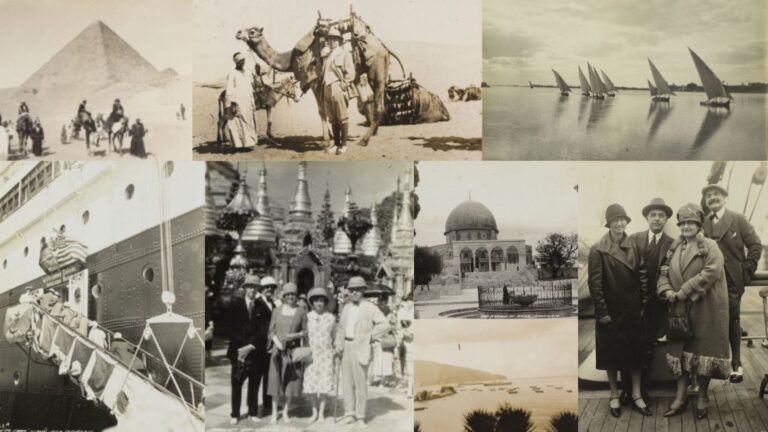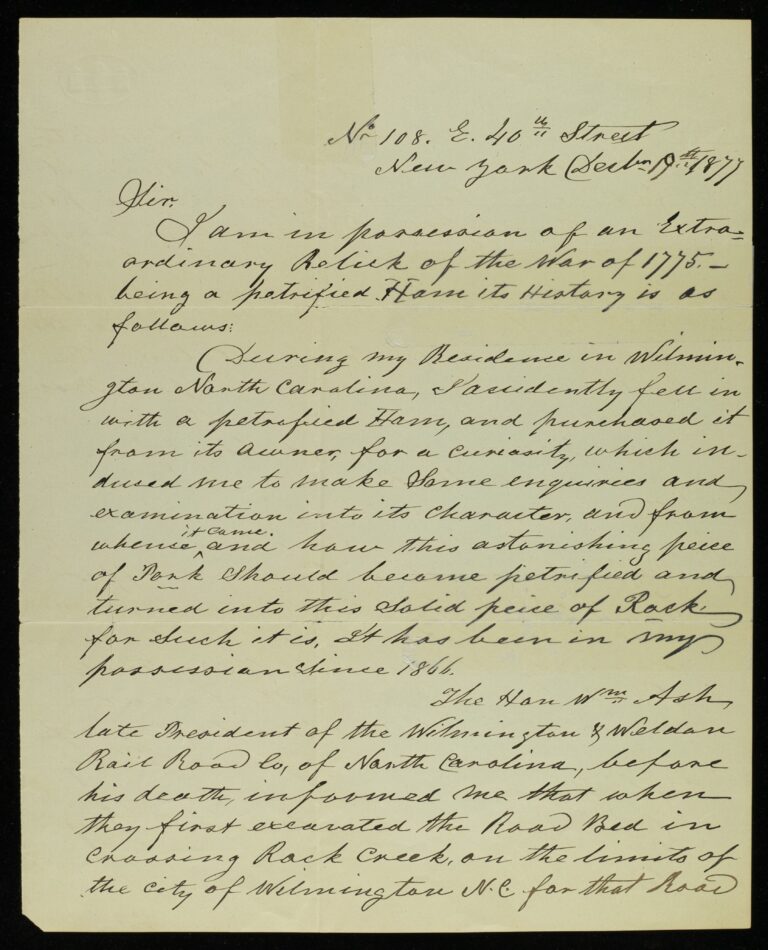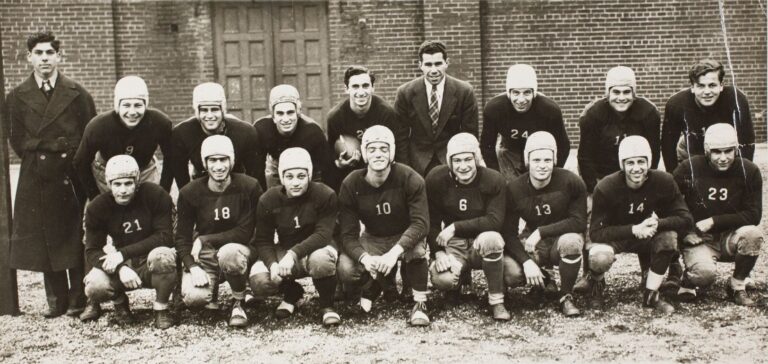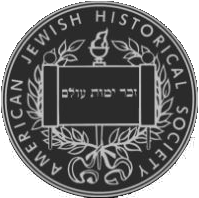The American Jewish Historical Society loves a family history collection, and we have hundreds of records, ranging from captains of industry and Naval officers to union factory workers, housewives, and salespeople. Many of these families immigrated from numerous countries to the United States, from the late 1600s to the 21st century. Family history collections may seem to relate only to specific families, but family histories give us insight into the world of ancestors who share origin stories and connect the present with the past.
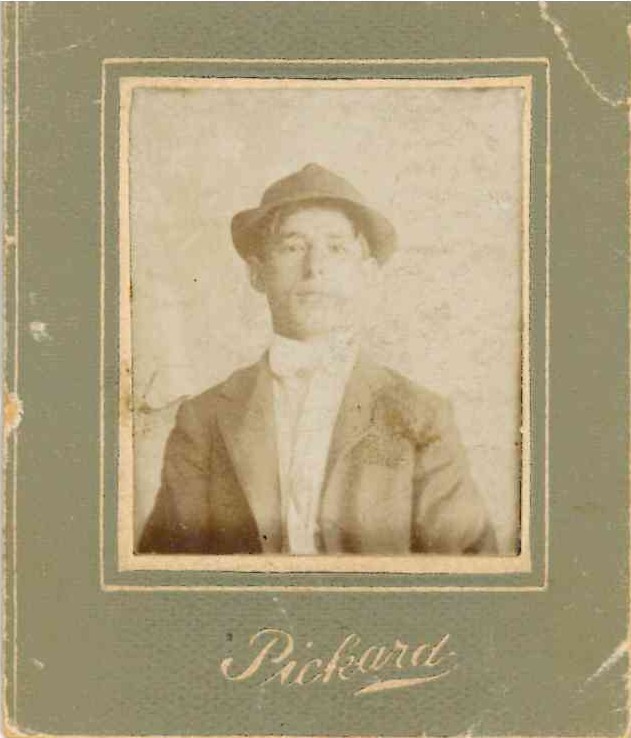
Let’s meet Abraham Frankel, whose family loved him so much they donated a manuscript he wrote on his life. A transcript and the original manuscript may be found here. Abraham was born in Konotop, located in Russia, now part of Ukraine. He begins his autobiography describing his family lineage and how his direct family consisted of his father, Benjamin, mother Eva-Molkeh, his older brother Joseph, and sister Sarah, himself being the youngest. Benjamin worked as a buyer/salesman for leather goods and soon after he gave his oldest son a new pair of leather boots, a pogrom broke out in their Russian neighborhood. The boots were pillaged from the Frankel home. Shortly after, Benjamin made the decision to move his family to the United States, but first, he set out on his own to make way for the family.
Abraham’s writing reads like an oral history of folk tales, a highly descriptive narrative style with a moral ending. His stories relate a child’s vivid account of everyday life and death in Russia. When his father left for America, his mother was pregnant with twin girls, and Abraham recounted their births and deaths. His short stories include tales about his mother taking on odd jobs to make ends meet, tales of the struggles between Eva-Molkeh and her in-laws, the pastime of horseracing, and the conditions of the local prison and treatment of prisoners. One captivating yarn was the tragic tale of Maryasha and Gregori. The story goes as follows: The couple came to live in the same house as Abraham and his mother, but after an explosion of jealousy, Gregori murdered their child and then hanged himself. Abraham talks about attending school and how his mother, Eva-Molkeh, told the rebbe teachers not to use corporal punishment on her boys. She argued it was too much on top of being worried about her husband/ their father and dreams of joining him in the United States.
Abraham’s family picked up where he left off and added additional details regarding his adult life. After coming to the States, Abraham moved to Trenton, NJ, where he met his wife, Fannie Lavine, and they had three children, Morton, Samuel, and Benjamin.
His stories are a gift not only to his descendants, but also to lay people and historians alike, making connections to the past that can otherwise easily be forgotten. Abraham’s story is only one of over 1300 personal and institutional collections owned by AJHS. We also have a Family History Database located here where you can enter your relative’s name and see what comes up!
References:
P-1059 Abraham Frankel Autobiography Manuscript and Photograph, undated. https://archives.cjh.org/repositories/3/resources/22558 Accessed April 9, 2025.
Abraham Frankel Ancestry Page. https://www.ancestryinstitution.com/family-tree/person/tree/1460185/person/-1023110263/facts?_phsrc=jlP65&_phstart=successSource Accessed April 9, 2025.


